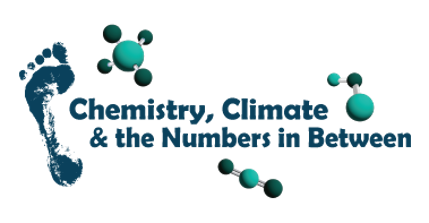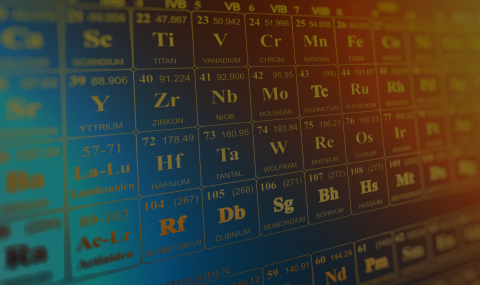In 2015, countries around the world, including Israel, adopted 17 Sustainable Development Goals (SDGs), aiming to implement them by 2030. The goals in this policy paper are designed to ensure a better life for future generations while eradicating poverty, protecting the planet, and ensuring that no one is left behind. In order to address these challenges via science educational research, we have identified challenges in which scientific content is essential for understanding the problem and designing future solutions.
We developed and studied two programs:
 The “Speak to Me in Numbers" program addresses global issues based on a dialogue between mathematical and science-based data. In this way, it introduces 9th graders to some of the sustainable development goals that the world faces.
The “Speak to Me in Numbers" program addresses global issues based on a dialogue between mathematical and science-based data. In this way, it introduces 9th graders to some of the sustainable development goals that the world faces.
 The program “Chemistry Climate and the Numbers in Between” is designed to address the need for learning materials and curricula that could effectively facilitate learning about climate change by utilizing the skills needed to access information online. This program was developed with an emphasis on changing the discourse regarding climate issues and the environment through a dialogue that is data-driven and based on chemical knowledge, particularly for high-school students studying chemistry. The program comprises three units, each focusing on a specific topic: electric cars, solar panels, and natural gas. Each unit begins with a dilemma related to the central topic, and students are asked to respond based on their previous knowledge. Throughout the unit, students are exposed to digital data and chemical explanations of the phenomena. In addition, the curriculum explicitly emphasizes acquiring several critical skills, including argumentation and digital literacy. During the unit, students are requested to revise and enhance their arguments, drawing upon the insights that they have developed. Each unit is digital and integrated into a Learning Management System that incorporates materials and content as well as various applications.
The program “Chemistry Climate and the Numbers in Between” is designed to address the need for learning materials and curricula that could effectively facilitate learning about climate change by utilizing the skills needed to access information online. This program was developed with an emphasis on changing the discourse regarding climate issues and the environment through a dialogue that is data-driven and based on chemical knowledge, particularly for high-school students studying chemistry. The program comprises three units, each focusing on a specific topic: electric cars, solar panels, and natural gas. Each unit begins with a dilemma related to the central topic, and students are asked to respond based on their previous knowledge. Throughout the unit, students are exposed to digital data and chemical explanations of the phenomena. In addition, the curriculum explicitly emphasizes acquiring several critical skills, including argumentation and digital literacy. During the unit, students are requested to revise and enhance their arguments, drawing upon the insights that they have developed. Each unit is digital and integrated into a Learning Management System that incorporates materials and content as well as various applications.
We study students' and teachers' acceptance of the programs and the programs' influence on the development of 21st Century skills such as students' critical thinking and argumentation.


